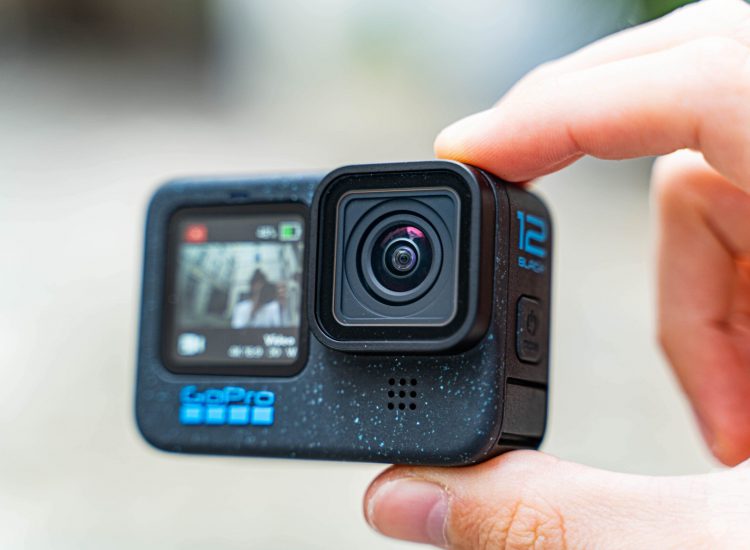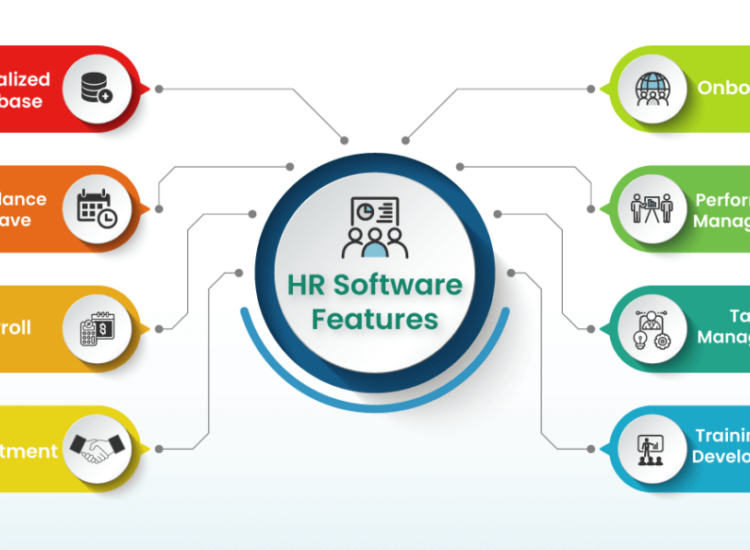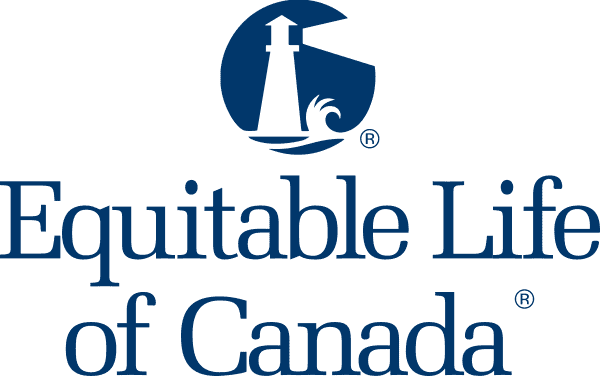Toc
Personal boundaries are essential to preserve our well-being, our self-esteem and to establish healthy relationships with others.
However, it is often difficult to defend them in the face of situations or individuals who transgress them.
Some people are particularly good at asserting their needs and values through a series of key behaviors.
These are behaviors that we can all learn and adopt to better assert ourselves and preserve our integrity.
We are going to reveal to you these seven behaviors that characterize those who defend themselves effectively when their limits are crossed.
1. Awareness of their own limits
The first step towards defending your limits is to become aware of them.
People who advocate for themselves effectively have a deep understanding of their own limitations, whether emotional, physical, or mental. They are able to identify and recognize them in different contexts and situations. This self-awareness allows them to better anticipate moments when their limits risk being exceeded and to put in place strategies to preserve them.
- Self-awareness : To develop this awareness, it is essential to take the time to reflect on our needs, our values and our priorities. Self-assessment and introspection are valuable tools for knowing ourselves better and defining our limits.
- The observation: Paying attention to our reactions to certain situations or people can help us better understand our limits. Signals of discomfort, stress or anger are often indicators that our boundaries are being violated.
2. Self-affirmation
Once our limits have been identified, it is crucial to know how to express them clearly and firmly.
People who effectively defend their boundaries are able to assert their needs without aggression or passivity. They use assertive and precise language to make others understand where their boundaries are and why it is important to respect them. To develop this skill, it is essential to work on our communication and our self-confidence.
- Nonviolent communication: This method of communication, developed by Marshall Rosenberg, allows us to express our needs and our limits in a clear and caring manner, without judging or accusing others.
- Self-confidence : Believing in our right to set limits and in our ability to defend them is essential to daring to express them. Self-confidence is built little by little, through practice and experience.
3. Managing emotions
Emotions play a central role in defending our limits.
Indeed, they are often the signal that our limits are being violated and they can influence the way in which we react to this transgression. People who are able to defend their boundaries know how to manage their emotions so that they are not overwhelmed by them and do not react impulsively or disproportionately. They are able to step back and analyze the situation rationally before deciding on the best way to act.
- Emotional regulation: Learning to recognize, accept and express our emotions appropriately is essential to not letting ourselves be overwhelmed by them. Techniques like meditation, relaxation or breathing can help develop this skill.
- Taking a step back: Becoming aware of our emotions and their impact on our reactions allows us to take a step back and adopt a more thoughtful and adapted attitude to situations where our limits are crossed.
4. Establishing consequences
In addition to clearly expressing their boundaries, people who stand up for themselves effectively are able to establish consequences for violating those boundaries.
This is a crucial step to make others understand that respecting our limits is non-negotiable and to strengthen the credibility of our approach. Consequences must be proportionate, realistic and consistent with our values and needs.
- The reflection : Before establishing consequences, it is essential to think about what actions we are willing to take if our boundaries are violated. These actions must be consistent with our values and our well-being.
- Communication : It is important to clearly inform the other person of the consequences we have decided and to explain to them the reasons for our choice. This helps strengthen the credibility of our approach and prevent possible misunderstandings.
5. Flexibility
Defending our limits should not be rigid and dogmatic.
People who defend themselves effectively know how to demonstrate flexibility and adaptability in the face of complex or changing situations. They are capable of reviewing their limits if they realize that they are no longer adapted to their needs or their context. This flexibility allows them to avoid falling into rigid and authoritarian behaviors that risk hindering the quality of their relationships with others and harming their own well-being.
- Open-mindedness : Being able to listen to the arguments and points of view of others is essential to reconsidering our boundaries when necessary. Dialogue and communication are at the heart of this approach.
- Adaptability: Situations and contexts evolve, and our boundaries must sometimes adapt accordingly. Being able to recognize these changes and adjust our boundaries accordingly is an important skill for preserving our well-being and our relationships.
6. Respecting the boundaries of others
People who effectively defend their boundaries are able to respect those of others.
They understand that everyone has their own needs and values, and that taking them into account is essential to establishing healthy and balanced relationships. Respecting the limits of others is a guarantee of kindness and empathy, and promotes a climate of mutual trust.
- Empathy : Putting yourself in the other person’s shoes and understanding their needs and limits is essential to respecting them. Empathy helps strengthen the quality of our relationships and create a climate of trust and mutual respect.
- Communication : As with our own limits, it is important to know how to express and understand those of others. Dialogue and exchange are essential to establishing healthy and respectful relationships.
7. Perseverance
Finally, defending our limits requires perseverance and determination.
People who defend themselves effectively are able to maintain their position, even in the face of opposition or obstacles. They do not let themselves be discouraged by difficulties and continue to assert their needs and values, remaining faithful to their convictions.
- Patience : Defending our boundaries can sometimes be a long and difficult process. It is essential to be patient and not get discouraged when faced with obstacles.
- Resilience : People who defend themselves effectively are able to overcome difficulties and failures and turn them into learnings. Resilience is a key skill to persevere in defending our limits and preserving our well-being.
Defending our boundaries is a complex and multidimensional process that requires the implementation of several key skills and behaviors. People who defend themselves effectively when their boundaries are crossed demonstrate self-awareness, assertiveness, managing emotions, setting consequences, flexibility, respecting the boundaries of others, and perseverance. By developing these skills and adopting these behaviors, we can better assert ourselves, maintain our well-being and establish healthy and balanced relationships with others.














